Anatomy & Physiology
Learn about the structure and function of the human body, including the skeletal, muscular, nervous, cardiovascular, respiratory, and digestive systems. You’ll also learn about common medical conditions, diseases, and disorders that affect these systems, as well as how to identify symptoms and assist in the diagnosis and treatment of these conditions.
Introduction to Healthcare
Begin with an overview of the healthcare system and the different types of healthcare facilities, foundational medical terminology and anatomy, and basic pharmacology and medication administration. Become familiar with the different body stems and common medial conditions, as well as how to monitor patient health status.
Understanding the Patient
You’ll learn the importance of recognizing and upholding patients’ rights and ensuring they receive quality care that is respectful, culturally competent, and in line with ethical standards.
Safety
Learn about patient safety and infection control, including proper hand hygiene and PPE use, safe handling and disposal of hazardous materials and medical waste, fire safety and emergency response, and recognizing and reporting adverse events and medical errors. You’ll also become familiar with patient fall prevention and management and patient privacy and confidentiality.
Patient Assessment
Patient assessment is a critical part of patient care and PCTs play a key role in monitoring and reporting patient health status to other members of the healthcare team. You’ll learn to measure and record patient vital signs, document medical history, assess pain and recognize changes in patient conditions.
Patient Care & Comfort
PCTs are responsible for ensuring the comfort and well-being of patients. You’ll learn how to assist patients with daily activities, basic hygiene, feeding, mobility and transfers, and maintaining a safe environment. Become familiar with the ways to assess and relieve patient discomfort and pain.
Blood & Specimen Collection & Testing
You’ll learn how to collect and process specimens accurately and safely, which will help ensure that patients receive accurate test results and receive the appropriate care. Topics include phlebotomy techniques, understanding the different types of laboratory tests, understanding and performing EKG interpretation, and proper safety and infection control protocols.
Surgery & Immobility
Understand surgical procedures and assist with preoperative, interoperative, and postoperative care, including mobility and transfers, proper positioning and immobilization to promote healing and prevent complications, understanding and managing pain, and recognizing and reporting any changes in patient conditions.
Special Care Concerns
Learn about providing care in a variety of clinical settings. It’s important to adapt to different care environments and provide safe and effective patient care in any setting and population, including caring for women and children, caring for older adults, caring for patients with mental health needs, caring for patients with chronic conditions, and providing end of life care.






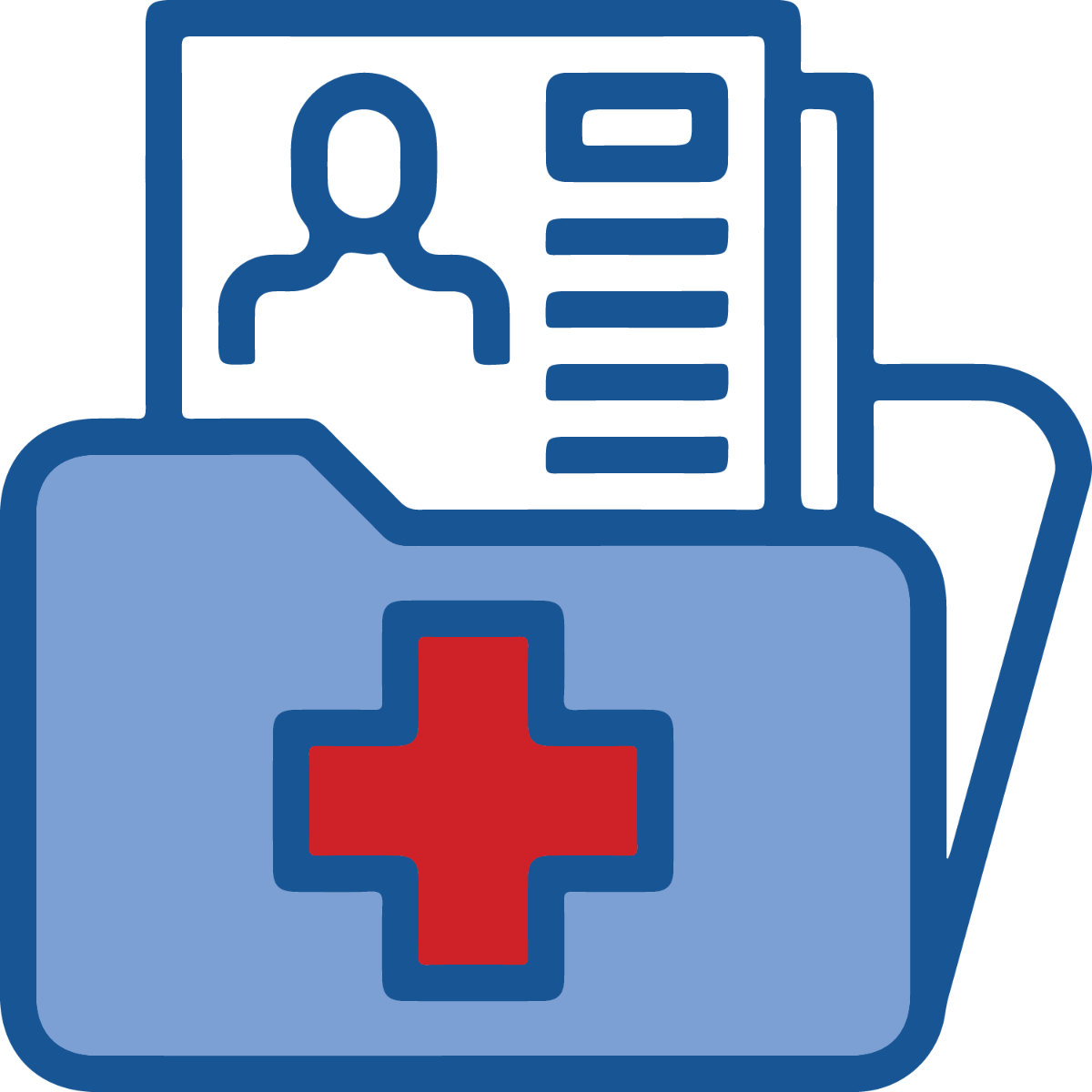

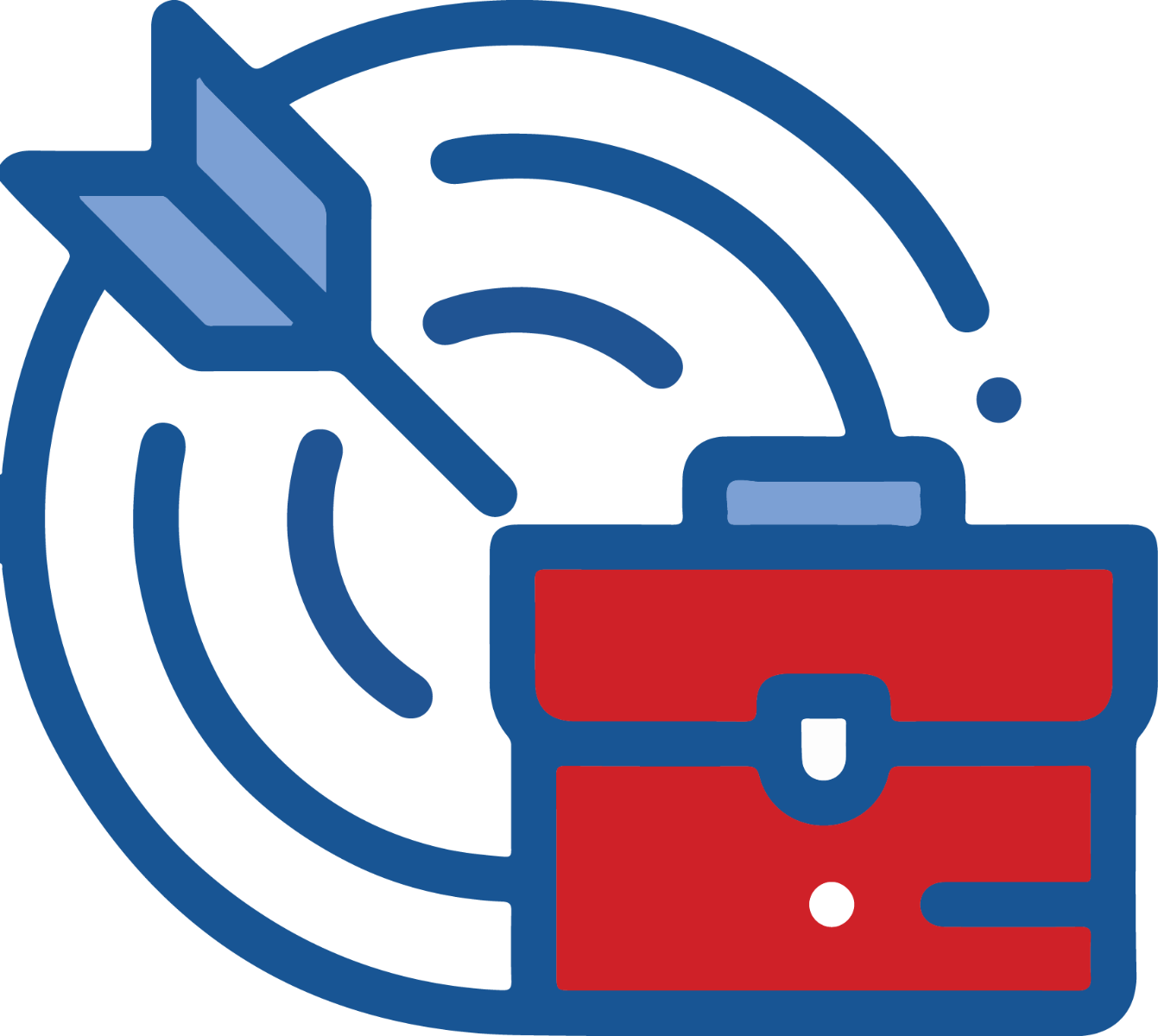




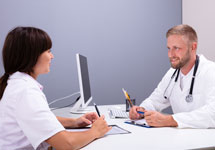



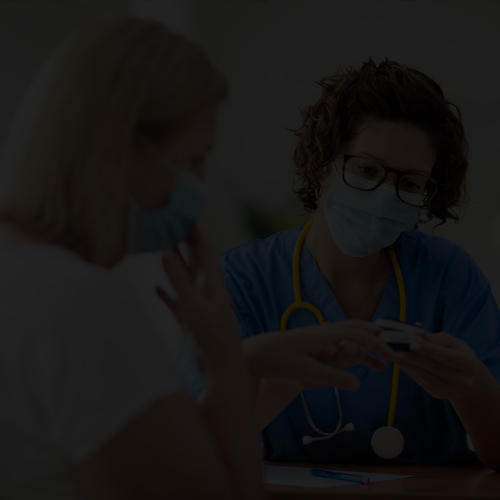
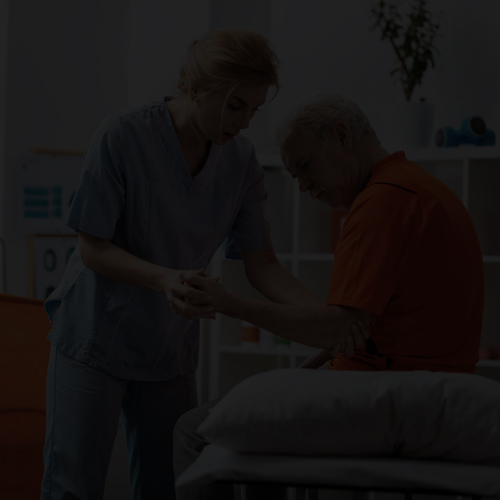



 Chat
Chat